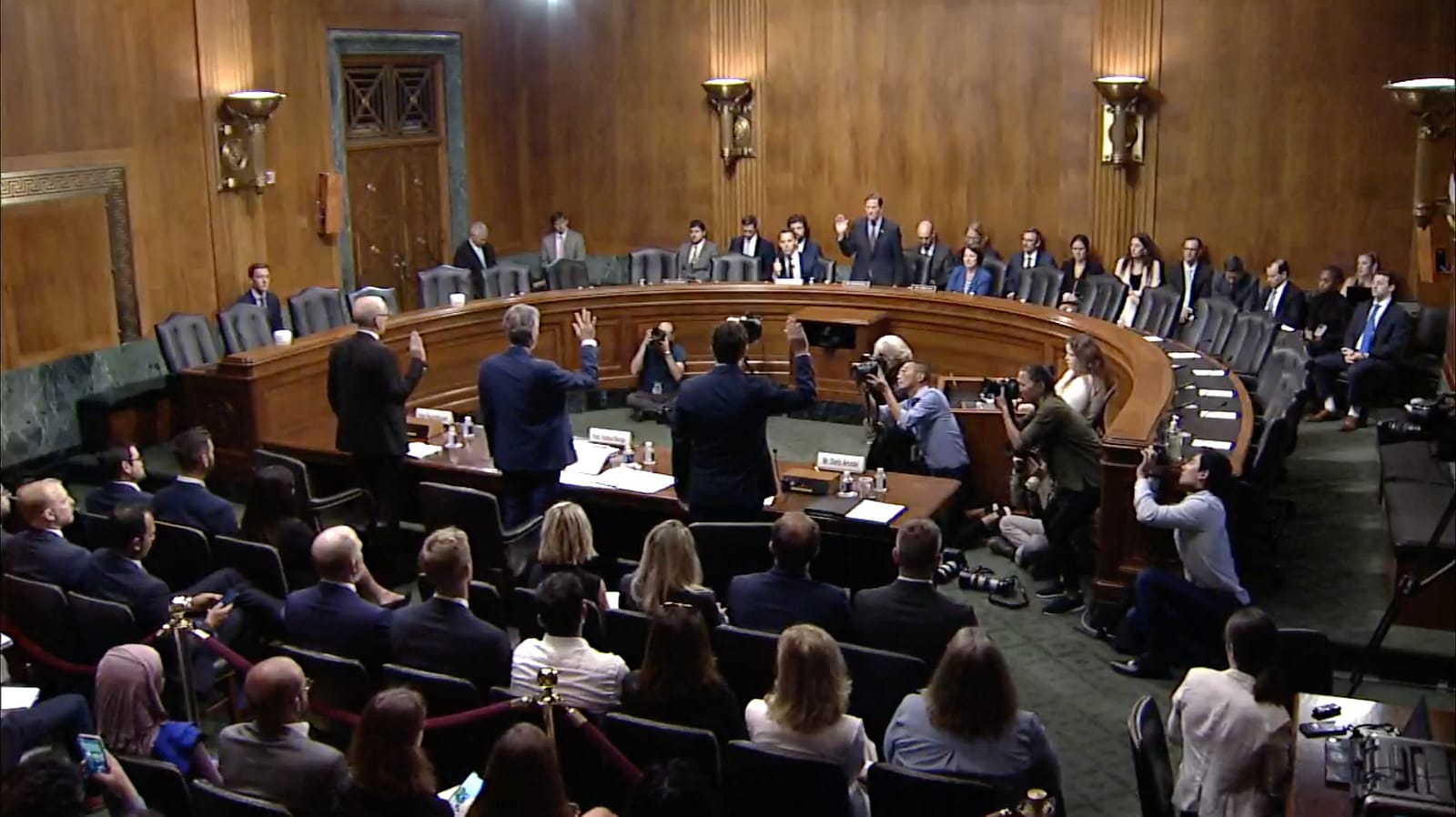Reasons to sell frontier lab equity to donate now rather than later
Tl;dr: We believe shareholders in frontier labs who plan to donate some portion of their equity to reduce AI risk should consider liquidating and donating a majority of that equity now. Epistemic status: We’re somewhat confident in the main conclusions of this piece. We’re more confident in many of the supporting claims, and we’re likewise confident that these claims push in the direction of our conclusions. This piece is admittedly pretty one-sided; we expect most relevant members of our audience are already aware of the main arguments pointing in the other direction, and we expect there’s less awareness of the sorts of arguments we lay out here. This piece is for educational purposes only and not financial advice. Talk to your financial advisor before acting on any information in this piece. For AI safety-related donations, money donated later is likely to be a lot less valuable than money donated now. There are several reasons for this effect, which we elaborate on in this piece: 1. There’s likely to be lots of AI safety money becoming available in 1–2 years. 2. Several high-impact donation opportunities are available now, while future high-value donation opportunities are likely to be saturated. 3. Donations now allow for unlocking the ability to better use the huge amount of money that will likely become available later. Given the above reasons, we think donations now will have greater returns than waiting for frontier lab equity to appreciate and then donating later. This perspective leads us to believe frontier lab shareholders who plan to donate some of their equity eventually should liquidate and donate a majority of that equity now. We additionally think that frontier lab shareholders who are deliberating on whether to sell equity should consider: 4. Reasons to diversify away from frontier labs, specifically. For donors who are planning on liquidating equity, we would recommend they do not put liquidated equity into a donor-advi

I think this is a good point. At the same time, I suspect the main reason we're likely to be wiser a year from now is that we'll have done stuff over the coming year that we'll learn from. And the more we spend over the next year, the more we'll be able to do, leading to more learning. In some ways this feels like "yes, maybe from an individual level it'll feel better to wait and learn more, but your spending now not only lets you learn better but also lets others learn better." I think the factor I'm pointing to is actually substantial, in particular if you're funding highly promising areas that are relatively new and that others are skeptical of or feel insufficiently knowledgeable about.